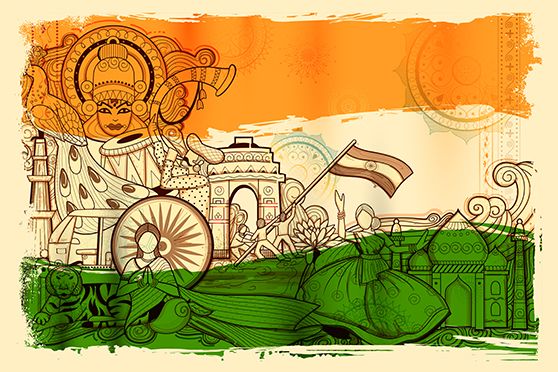IITGN launches the sixth edition of Indian Knowledge Systems course


Indian Institute of Technology (IIT) Gandhinagar begins its 6th edition of Indian Knowledge Systems course from January 13. It is conducted by Humanities and Social Sciences (HSS) discipline at the institute for the last five years.
The course is being conducted in a hybrid mode and it will continue from January till April 2022. Interested students can register and attend it from anywhere in the world.
The theme of the upcoming edition is ‘Precolonial India’s Treasure House of Literatures’. It is centred on the fact that India is popular to the world for its rich literature. Pre-colonial India not only has a great diversity of languages, from pan-Indian Sanskrit to hundreds of regional languages, but it also encompasses a plethora of themes, literary techniques, and sociocultural functions. This “literaturescape” deeply impacted the Indian continent at all levels and was highly instrumental in the shaping Indian civilisation.
The first lecture of the course was delivered by Mana Shah, lecturer of Sanskrit at IITGN, on the subject “One Tale, Two Tongues, and the Sacred Jain Site of Shatrunjaya”.
Elaborating the idea behind IKS 2022’a theme, Michel Danino, visiting professor, HSS, IITGN, said, “Indian literature is colossal. It is one of the vastest literatures of the world, with its epics, texts of philosophy and spirituality, dramas, poetical compositions, repositories of stories, folktales, technical texts on medicine, mathematics, astronomy, architecture, governance, and numerous such works in regional languages. It has been a powerful social tool to connect people, share concepts and values, and ultimately a certain worldview. IKS 2022 aims to provide students with some taste of this ocean that reflects India’s identity.”
In this edition, about 12 eminent scholars and experts from India and abroad will explore not only the great developments of Indian literature but also some of their lesser-known features and ramifications. IKS 2022 will include sessions on: Narrative literature in Prakrit by JR Bhattacharya; Urdu Literature by Hamid Chopra; Indian Literature by Kapil Kapoor; Kavya Literature by K Ramasubramanian; Malayalam Literature by BR Krishnakumar; Tamil Literature by Isaikkavi Ramanan; Telugu Literature by Srinivas Reddy; Jain Itihasa Literature by Mana Shah; Sacred Geography by Arya Adityan; Technical Literature on Performing Arts by Ankita Nair; Classical Literature in Comics and Graphic Novels by Shivani Sharma; and Children’s Literature by Diti Vyas.